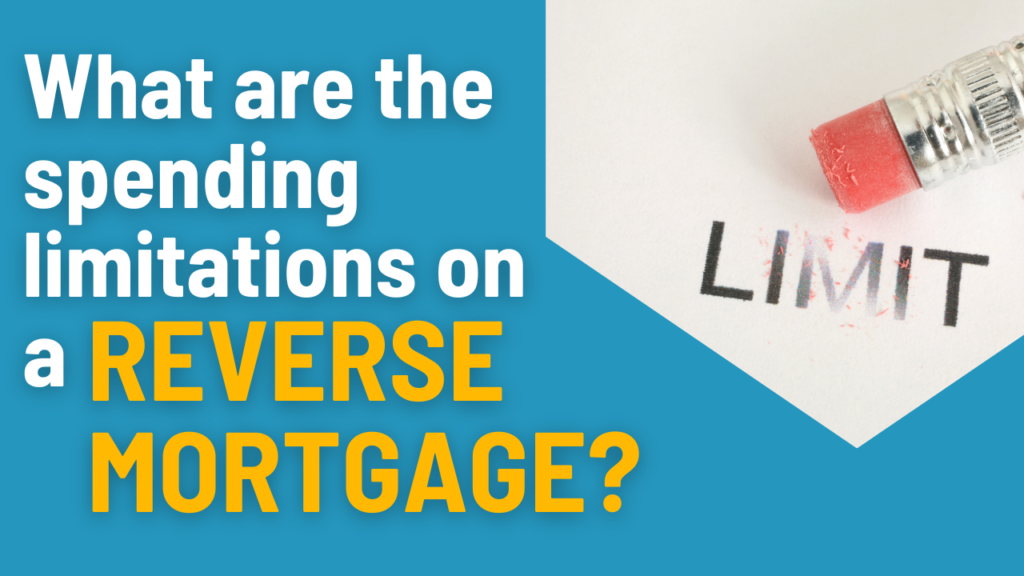Learn about the most common reverse mortgage questions our clients have by watching our Youtube videos for guidance — continue scrolling to get the facts!
Question #1 How can I qualify for a reverse mortgage?
David Todd: We’re oftentimes asked, how do you qualify for a reverse mortgage? Well, reverse mortgage is a unique tool in that there’s no income qualifications, similar to a traditional loan. With a reverse mortgage, the lender expects to get paid at a later date from the equity in the home. So you only need income sufficient to pay for taxes and insurance, which is substantially less. Your credit, while a part of the conversation, is not crucial either. The lender just wants to make sure that there’s no outstanding judgments or liens against you that need to be dealt with.
#2 What are the spending limitations with proceeds from the loan?

#3 What happens when the owner dies with a reverse mortgage?
In short the video says this about “what happens when the owner dies with a reverse mortgage?” Firstly, the fact is, if you have a spouse, your spouse could remain in the home until your spouse has passed away. If both of you have passed away, well, your heirs would have one year to decide what to do. If they want to retain the home, they can refinance it and keep it. Or, if they are going to sell the house, they can take the remaining equity in the home.
#4 What is the interest rate on this loan in 2023?
Definitely one of the most common reverse mortgage questions we get is this one. What are interest rates for a reverse mortgage? Well, that depends on several factors, but with this in mind, reverse mortgage interest rates move with traditional interest rates.
Accordingly, if the market as a whole has gone up, you can expect reverse mortgage interest rates to go up as well under those circumstances. If they’ve gone down, reverse interest rates would go down as well. As a result, there are a couple other factors to consider with reverse mortgage. One, you can have a variable interest rate. This comes into play if you need some flexibility in taking funds out of your home or are looking to have what’s similar to a line of credit where you can take the funds as needed. If you’d like to fix the rate similar to a traditional mortgage, you can fix the rate. You do have one opportunity to access the funds in your home, and you can lock in that rate.
#5 HELOC vs Reverse Mortgage: What’s the difference in 2023?
Above all, why do one versus the other? Well to begin with, a HELOC or a home equity line of credit allows you to take funds out of your house, similar to reverse mortgage, but you have to qualify with income to substantiate that, increase monthly payment. Whereas with reverse, since you’re not actually making a monthly payment, you don’t have to qualify, you don’t have to have the income to support that. Under either scenario, no taxes are paid and both allow using funds as desired. This loan has no timeframe to pay back the funds, whereas a home equity line of credit, you must pay those funds back.
#6 Can you get stuck in this loan?
Some of our clients want to know how to get out of a reverse mortgage.
Conversely, some ask if you do a reverse, are you stuck in it? Well, the short answer is no, you’re not. There’s no prepayment penalties with this loan, it can get paid off at any time. If you decide to stay in the home, you could pay it off. You can actually refinance. Even more you can always sell the home if a need arises.
#7 A popular reverse mortgage question we get is this. What are some examples?
Lastly, I’m thrilled to be able to share these examples of our client’s experience.
